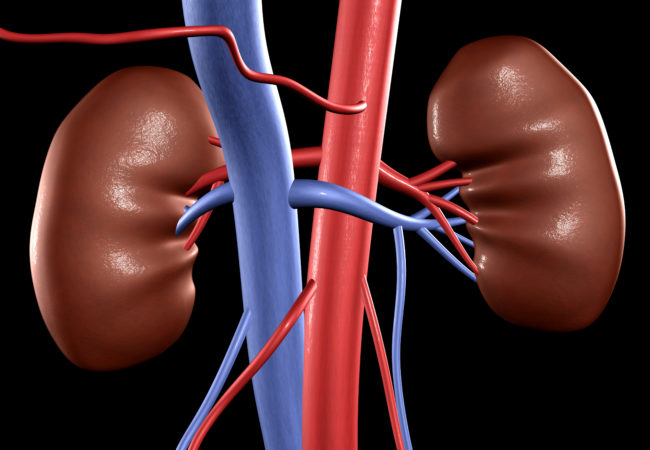March 2018 – Given the high incidence of renal failure, it is necessary to promote the transplantation of a living donor, which offers a greater probability of quality of life, compared to that of a deceased donor, said Dr. Diego C. Kingdom of Cleveland Clinic Florida.
Figures from the National Institute for Transplant Coordination (Incort), report that in the Dominican Republic a total of 1,008 kidney transplants have been performed, since the beginning of the program in 1972, adding to these data the first pediatric renal transplant, performed in February this year.
These statistics are discouraging, according to the International Registry of Organs and Transplants (IroDat), where the Dominican Republic ranks 60th out of 195 countries in organ donation and transplantation.
Dr. Diego C. Reino, a transplant and hepatobiliary surgeon at Cleveland Clinic Florida, stresses the importance of promoting living donor transplantation. “In the medical union, there is unanimity that the best survival of grafts and transplants is when the kidney comes from a living donor. The reasons are multiple, among them, the fact of programming a surgical intervention in which both donor and recipient arrive in an optimal situation and, in addition, guarantee a high quality of the transplanted kidneys to benefit younger recipients ”.
The live donation is divided into two types, direct donation, which is where the donor and recipient have some affective link and indirect donation, where there is no effective link between the donor and the recipient, for example, when there is an exchange of donors or cross-transplant, that is, one of the donors gives his kidney to be used in another patient other than his family member, because there was no compatibility with the original recipient.
It also refers to altruistic donors, who give one of their kidneys to society without knowing the person to whom they will be implanted.
The specialist indicated that the main causes that lead to permanent kidney damage in adults are diabetes and high blood pressure, both conditions associated with poor diet, overweight and obesity, while in children they are birth defects, congenital malformations, and other inherited conditions.
Dr. Reino stressed that dialysis cannot cure kidney disease. “If you have very serious kidney disease, you will need to be on dialysis for the rest of your life. If you want, and your doctor thinks you are a good candidate, you can decide to have a kidney transplant. ”
When the kidneys fail, harmful wastes and excess fluid accumulation in the body causing serious changes in the body, blood pressure can rise, the body retains excess fluid and does not produce enough red blood cells.
Donating a kidney does not affect the life expectancy of the donor and does not increase the risk of kidney problems in the future, says Dr. Reino. The gift of a kidney can significantly improve the health and lifestyle of the person receiving it and can be a very rewarding experience for the donor.





